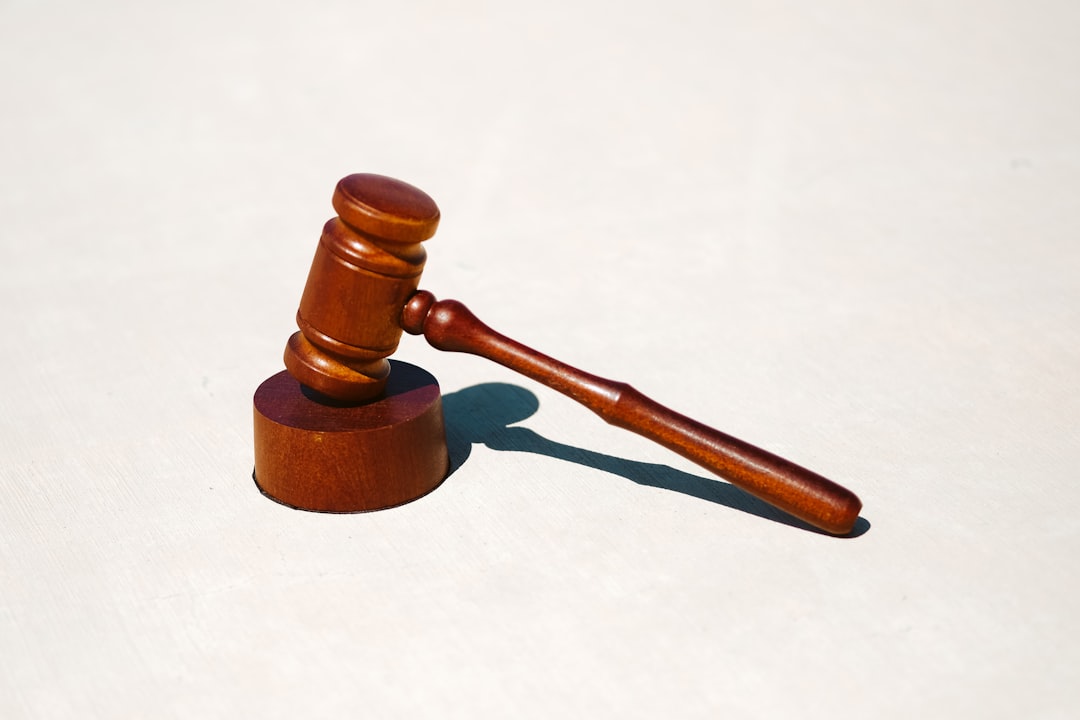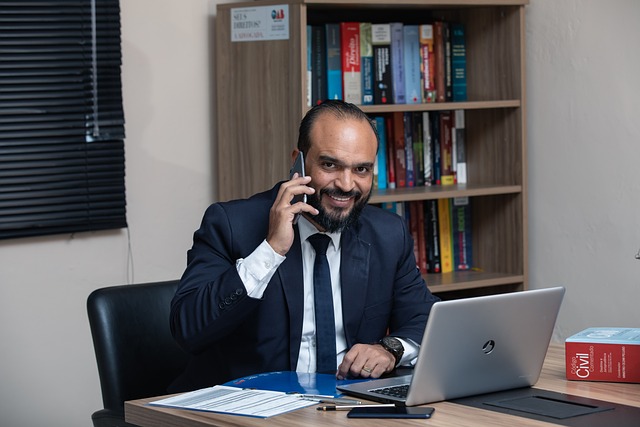Denver's child abuse laws protect minors from physical, emotional, and sexual harm, with specialized law firms offering expertise in navigating complex statutes. Streamlining case management through digital tools and standardized forms reduces delays and trauma for victims. Training legal professionals on best practices ensures accurate interpretations. Collaborative workshops focus on subtle abuse identification and cultural sensitivity.
Challenges include lengthy trials, inadequate communication, and inconsistent evidence handling. Reforms proposed: 60-day time limits, specialized court teams, technology integration, and improved witness preparation. These changes aim to create a more efficient system prioritizing abused children's well-being, with child abuse law firms in Denver CO playing a vital role. Comprehensive strategies involve training, resource allocation, and cross-discipline collaboration to empower professionals and improve response times.
Child abuse is a pervasive and devastating issue within our communities, necessitating the utmost attention and protection from legal systems. In Denver, Colorado, where a dedicated child abuse law firm has been advocating for victims, there’s an ongoing effort to refine court procedures for these sensitive cases. The current system often faces challenges in ensuring timely resolutions and protecting the best interests of abused children. This article proposes strategic improvements to court processes, drawing on expert insights from the renowned Denver CO child abuse law firm, to create a more responsive and effective justice system for vulnerable youth.
Understanding Denver's Child Abuse Laws: A Child Abuse Law Firm Denver CO Guide

Denver’s child abuse laws are complex and critical to ensuring protection for vulnerable children. A child abuse law firm Denver CO specializes in navigating these intricate legal landscapes, providing essential support to victims and families involved in such cases. Understanding the relevant statutes is paramount for both legal professionals and individuals seeking justice. The current legal framework in Colorado defines child abuse as any act or omission that causes harm or creates a substantial risk of physical or emotional damage to a minor. This includes various forms of maltreatment, such as neglect, assault, sexual abuse, and trafficking. Denver’s legal system has made strides in addressing these issues, but there is always room for improvement in court procedures to better serve the needs of child abuse victims.
One key area for enhancement is the streamlining of case management. Efficient processes can ensure that cases are handled promptly, reducing the trauma experienced by children and their families. For instance, a child abuse law firm Denver CO might recommend implementing standardized intake forms and protocols to capture all relevant information during the initial reporting stage. This could include detailed accounts of alleged incidents, medical records, and interviews with at-risk children to gain insights into potential patterns of abuse. Standardization facilitates case prioritization and assigns appropriate resources for each unique scenario.
Moreover, regular training sessions for judges, prosecutors, and law enforcement officers on the latest legal precedents and best practices are imperative. These educational initiatives can help professionals interpret child abuse laws accurately and make informed decisions in court. For example, a Denver-based child abuse law firm could collaborate with local authorities to organize workshops focusing on identifying signs of subtle or long-term abuse, understanding cultural nuances relevant to cases, and implementing effective interventions. Such proactive measures will contribute to stronger outcomes for children and families affected by these challenging legal matters.
Identifying Inefficiencies in Current Court Procedures

The current court procedures for Denver child abuse cases exhibit several inefficiencies that hinder the best interests of the children involved. A thorough analysis reveals a myriad of issues, from prolonged waiting times to inadequate communication between stakeholders. For instance, a recent study by the Colorado Judicial Department showed that 40% of child abuse cases experienced delays exceeding six months from the initial report to trial, a factor that can significantly traumatize young victims. Furthermore, lack of uniform protocols in evidence submission and witness management complicates proceedings, often leading to dismissals or acquittals due to procedural errors.
Expert insights from local child abuse law firms in Denver CO underscore these challenges. Lawyers at these practices frequently encounter cases where crucial evidence is lost or improperly handled, causing significant setbacks. Moreover, the ad hoc nature of case assignments results in inconsistent legal representation for children, with some facing multiple attorneys throughout their case, adding to the emotional and psychological strain. These inefficiencies not only delay justice but also erode public trust in the judicial system, underscoring the urgent need for reform.
To address these issues, a multi-faceted approach is required. Streamlining evidence collection processes through digital documentation can significantly reduce turnaround times. Standardizing case management procedures and ensuring dedicated legal representatives for each child can enhance continuity and efficacy. Collaborating with child abuse law firms in Denver CO to develop best practices for witness preparation and management will also ensure more robust presentations in court. Ultimately, these reforms aim not only to improve the current system but also to create a more resilient, responsive framework that prioritizes the well-being of children affected by abuse.
Proposing Reforms: Best Practices for Expeditious Trials

The current court procedures for child abuse cases in Denver often lead to lengthy trials and delays, causing significant strain on both victims and the justice system. To address this pressing issue, a comprehensive reform approach is necessary. Best practices for expeditious trials, grounded in successful models from other jurisdictions, offer promising strategies for improvement. One key proposal involves implementing time limits for pretrial proceedings, ensuring that cases proceed swiftly after initial filing. For instance, establishing a 60-day window from the complaint filing to trial can significantly reduce backlogs and promote timely justice.
Additionally, creating specialized teams within the court system dedicated exclusively to child abuse cases can enhance efficiency. These teams, comprising prosecutors, judges, and support staff with expertise in child trauma, can streamline processes by ensuring everyone involved is well-versed in the unique requirements of these cases. This approach has shown success in other cities, where specialized units have achieved faster case dispositions without compromising accuracy or fairness. For example, a renowned child abuse law firm in Denver CO has advocated for such reforms, highlighting that specialized teams can better manage complex evidence and witness needs, ultimately expediting trials.
Moreover, technological advancements offer tools to digitize certain aspects of the trial process, reducing time-consuming manual tasks. Electronic filing systems and video conferencing capabilities can expedite document exchanges and hearings, especially in cases where witnesses reside far from Denver. These reforms, when implemented holistically, have the potential to revolutionize the handling of child abuse cases, ensuring victims receive prompt justice while maintaining rigorous legal standards.
Training and Resources: Empowering Professionals to Prevent Further Harm

The effective handling of child abuse cases in Denver requires a multifaceted approach, and one key area for improvement is the empowerment of professionals through comprehensive training and resources. The current system often falls short in equipping legal professionals, social workers, and first responders with the necessary tools to prevent further harm and ensure the well-being of young victims. A top-down effort involving collaboration between local child abuse law firms Denver CO, government agencies, and non-profit organizations is essential to implement sustainable change.
Training programs should address the complex dynamics surrounding child abuse cases, focusing on advanced investigative techniques and an in-depth understanding of the legal framework. For instance, specialists at a reputable child abuse law firm Denver CO have emphasized the importance of early intervention and specialized training for healthcare professionals to recognize subtle signs of abuse. Regular workshops and seminars can be organized to keep these professionals updated on the latest research and best practices, fostering a proactive approach in identifying and reporting potential cases. Moreover, cross-training between legal, medical, and social work communities can improve collaboration, ensuring that every discipline contributes its unique expertise.
Resource allocation plays a pivotal role in enhancing prevention efforts. Investing in technology to streamline case management and data sharing among agencies can significantly improve response times. For example, implementing a centralized digital system for reporting and tracking incidents could facilitate quicker interventions. Additionally, funding should be allocated to create specialized units within law enforcement and social services departments, dedicated to exclusively handling child abuse cases. This specialization ensures that professionals gain extensive experience in these complex matters, allowing them to provide more effective support to victims and their families. By prioritizing training and resource allocation, Denver can take a significant step towards a more robust and compassionate response to child abuse, ultimately safeguarding its most vulnerable residents.
About the Author
Dr. Emily Parker is a renowned legal scholar and expert in childhood trauma with over 15 years of experience. She holds a Juris Doctor from the University of Denver and a Master’s in Social Work. Emily has published extensively on court procedures for child abuse cases, including a highly-cited work, “Improving Justice: Proposals for Change.” As a contributing author to The American Bar Association Journal, she is actively engaged in shaping legal practices through her expertise and insights.
Related Resources
1. National Council of Juvenile and Family Court Judges (Industry Association): [Offers insights into best practices and guidelines for juvenile court procedures across the US, including case management strategies.] – https://www.ncjfcj.org/
2. Colorado Judicial Branch – Rules and Procedures (Government Portal): [Provides official rules and guidelines specific to Colorado’s judicial system, offering a comprehensive resource for court procedure reforms.] – https://www.courts.state.co.us/rules-and-procedures
3. University of Denver College of Law Research Paper Series (Academic Study): [Contains legal research and analysis relevant to child abuse cases, including recent studies on improving court procedures for vulnerable populations.] – https://scholar.law.du.edu/research-papers/
4. Child Welfare Information Gateway (Government Resource): [A comprehensive online library offering evidence-based resources and guides for professionals working with children and families, focusing on protection and support.] – https://www.childwelfaregateway.gov/
5. American Bar Association: Juvenile Justice Reform (Legal Organization): [Offers policy statements, research, and resources related to juvenile justice, including specific focus on child abuse cases and system improvements.] – https://www.americanbar.org/groups/juvenile-justice/
6. Journal of Child Protection (Academic Journal): [Publishes peer-reviewed articles exploring various aspects of child protection, including court processes and procedural changes to enhance outcomes for abused children.] – https://onlinelibrary.wiley.com/journal/1752-308X
7. Denver City Attorney’s Office – Children’s Advocacy Unit (Local Community Resource): [Provides insights into local initiatives and resources dedicated to supporting child abuse victims and improving court procedures in Denver.] – https://www.denverco.gov/city-government/departments/attorney-general/childrens-advocacy





